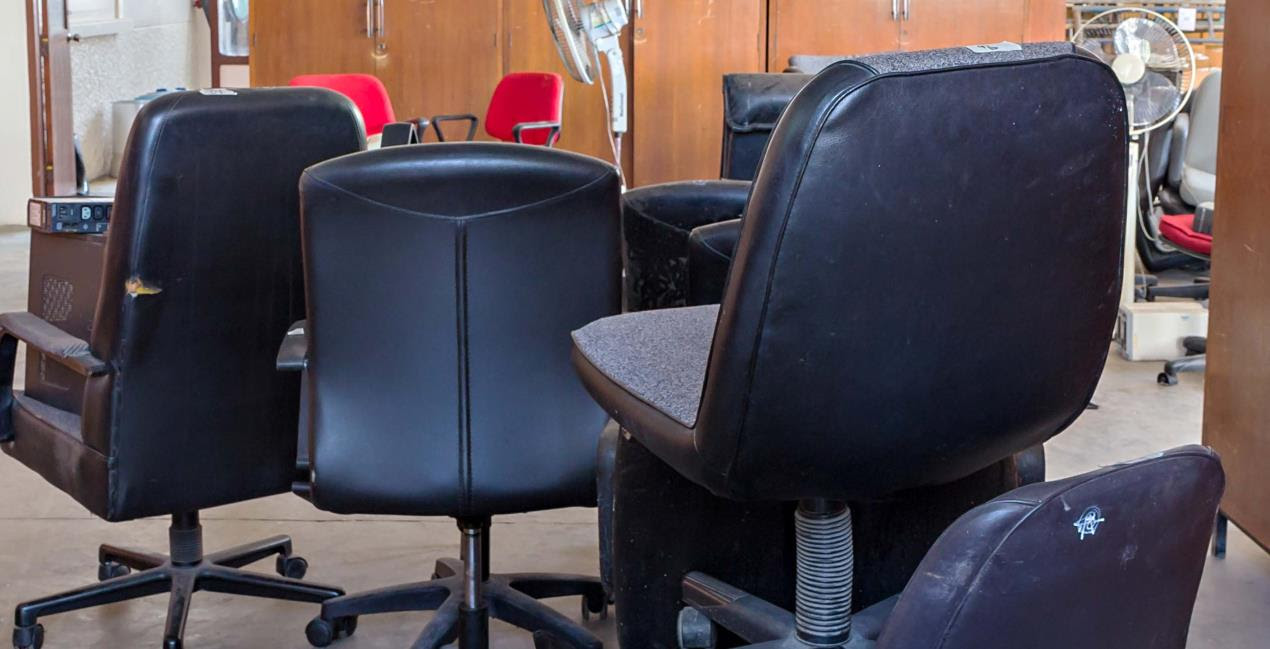There are no reliable statistics for Britain’s booming furniture industry that accurately estimate the cost of goods damaged in transit, but most experts agree that figures exceed millions of pounds every year. This, according to Scott Dunn, Chief Executive of Chaucer Logistics, is an overhead which could be significantly reduced if manufacturers simply took more care with packaging.
As the world’s largest furniture logistics company, Chaucer is in constant dialogue with manufacturers from every part of the globe to change the way that high end product is shipped from factories to warehouse for onward delivery.
While the majority of manufacturers are trying harder to improve packaging, there is still a long way to go, a situation which has prompted Chaucer to launch what they believe is the first free “Packaging Advisory Service” for the furniture industry.
It is already showing significant success with some companies claiming a reduction of up to 9% in reduced damages – a positive outcome for furniture manufacturers willing to work more closely with logistics organisations.
“We, as a logistics company, have an excellent track record in reducing damages in transit, but it is impossible to eliminate every eventuality particularly in a changing market-place which is seeing a growing trend for more home deliveries,” said Scott Dunn.
“This, is turn, means that furniture has to be more frequently unpacked and broken down into separate orders increasing the risk for potential damage during handling. This challenge is made even more difficult by the fact that many items are so poorly packaged.”
It is understandable that most furniture manufacturers are trying to keep costs down by keeping packaging to a minimum, but more often they fail to build in losses during transit which can more than not offset any savings.
It is not just the lower end manufacturers who are most to blame. High end furniture costing many thousands of pounds frequently leaves factories with poor protection, particularly in vulnerable areas such as corners, legs and edges.
So, what does Chaucer do that’s different from other logistics organisations? By working closely with the manufacturer, Chaucer is able to advise on potential damage situations, which may, in extreme cases, mean a complete rethink of the way furniture leaves the factory, or in the main, a few simple adjustments.
The potential cost savings far outweigh the price of the damaged goods, especially when you take into account, overheads to replace the goods, administration, re-packaging and re-shipping costs.
When things go wrong there may also be compensation to pay to the customer and ultimately it may even result in that customer being lost forever. End users are also quick to complain and share bad experiences on social media which is not good for anyone in the furniture chain.












